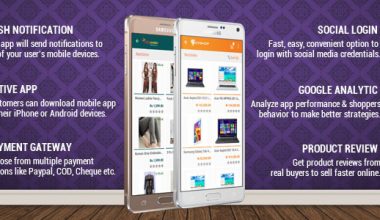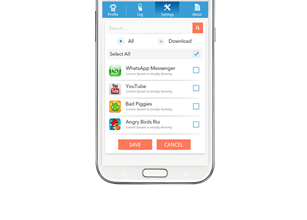Apple’s iPad will nab 51 percent of the tablet market, with 24 percent of such machines based on Google Android for a total of 75 percent of the market through 2010. The tablet market could be worth $3.6 billion through 2010, which leaves plenty of opportunity for others, according to IMS Research. Windows 7 will garner 10 percent market, with the remaining 15 percent going to some proprietary and Linux-based platforms for the home. Sagem in France, T-Mobile in the U.K. and Verizon Wireless and AT&T in the U.S. are among those offering home-based tablets as “control palettes” for users’ computing, VOD, VOIP and IPTV needs.
Apple and Google Android will grab 75 percent of the tablet market through 2010, as the iPad’s immediate success has proven the consumer market is hungry for tablet computers, according to IMS Research.
IMS projects Apple will capture 51 percent of a tablet market that could be worth $3.6 billion through 2010, which leaves plenty of opportunity for others.
IMS analyst Anna Hunt said she expects Android to follow Apple with 24 percent of the market, with 10 percent going to Windows 7 and the remaining 15 percent going to some proprietary and Linux-based platforms for the home.
HP’s Slate, for example, will run Windows Home 7 Premium Edition. Nokia is reportedly building a Windows 7-based device.
For developers who want more choice and flexibility, Android stands to be the perfect alternative to iPad and Windows 7, with a handful of Android machines coming to the fore, some of which are already out and well known. The Android-based Archos 5 Internet Tablet is a strong seller in Europe.
Dell’s Android 2.0-based Mini 5 tablet is expected in the U.S. this year, while several Android models will feature Nvidia’s delayed Tegra chipset, including the Adam from Notion Ink. ViewSonic offers the VTablet 101.
Currently, iPad is king. The iPad went on sale April 3 and by April 8 Apple CEO Steve Jobs said the company had sold more than 450,000 units.
While Android is expected to only command half the tablet market iPad will in 2010, Android tablet sales will be buoyed by a strong developer ecosystem and competitively priced content and services.
Hunt noted that many of the applications designed for the iPad platform are actually more expensive than apps for Apple’s iPhone OS platform. This presents an opportunity for suppliers that can offer a tablet that is more price competitive for the hardware and the content.
“Suppliers are realizing the importance of content and service and many are turning to the Android ecosystem to be able to offer the complete user experience and compete with Apple’s offering,” Hunt said.
Moreover, while the iPad starting price is $499 for the 16GB WiFi version, expect many of the Android machines to be cheaper, as low as $200, Hunt said.
“What we’ll see this year is a lot of these tablets in a smaller form factor that will not try to emulate the typical notebook computer experience, but have more of a smaller personal media player experience,” Hunt told eWEEK. “We’ll see those run on Android instead of Windows 7, for example.”
Such devices may not run spreadsheet or word processing software, but expect users to access Facebook, Twitter, online games and other Web apps from such machines. “Consumers will love them because they offer quick access to the Internet,” she said.
iPad’s early success will trickle down to the emerging home tablet sector, where special proprietary tablets are being integrated into the home network provided by residents’ broadband provider.
Sagem in France is already shipping tablets into homes deployed by ISPs that serve as a “control palette” or as another screen for IPTV or VOD. ICD makes the Vega tablet for T-Mobile in the U.K. and the Ultra tablet for Verizon Wireless in the U.S.
In the United States, AT&T is launching a service that employs OpenPeak’s Linux-based OpenTablet 7 tablet sometime this year.
“The hype that the iPad is getting is really helping a lot of the other devices, including the home devices,” Hunt said, adding that in 2012, over half of the tablets sold each year will be distributed via mobile and fixed carriers.
Resource:
http://www.eweek.com/c/a/Mobile-and-Wireless/Apple-iPad-Google-Android-to-Grab-75-of-Tablet-Market-in-2010-819756/



